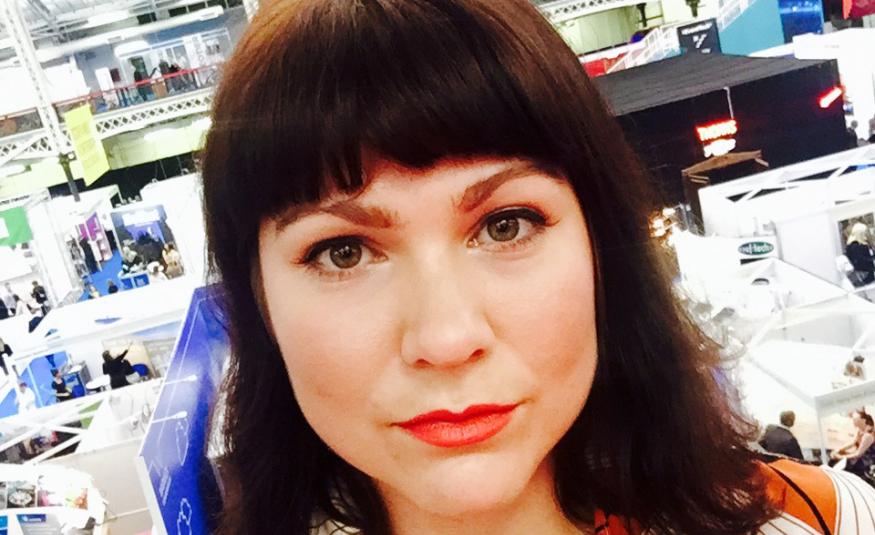How a customer-need led approach to event formats will ultimately create more loyalty and better returns for organisers.
The recent upheaval caused by the pandemic has created an opportunity for exhibition organisers to fundamentally re-assess audiences’ experiences with their event brands. As trade shows continue to open around the world, there is a growing recognition among organisers that old ways of delivering on the single annual event may not suit every event brand and the market it serves.
The key to understanding what event attendees, exhibiting companies and sponsors truly want and need relies on organisers quickly building a complete and holistic all-round view of their customers and shaping products to suit the market. A pertinent topic Sophie Holt, managing director of Explori, and Adam Ford, chief operating officer at Clarion Events, will be discussing at the upcoming 88th edition of the UFI Global Congress in Rotterdam this November.
Clarion Events, is one exhibition organiser embracing this change, embarking on a cultural shift in its offering, moving from single events to delivering “market leading customer outcomes and experiences”. The business is adapting from a single central exhibition model, towards building event brands which connect with audiences in different formats throughout the year.
During a recent webinar hosted by virtual event platform Grip, Ford explained: “The way we work, the flight to digital and new habits we’ve started to develop as individuals has to have an impact on our customers. Our customers [are] our ourselves, just in different manifestations. In the first six months of event closures, we tried to engage our audiences through digital channels which didn’t really stick. We weren’t successful in delivering digital products that worked because we didn’t understand our customers sufficiently enough to serve their needs.”
To virtual or not to virtual
The general feeling among exhibition organisers is that exhibitors are not satisfied with the virtual event product offering, however Holt disagrees.
“The issue of whether exhibitors love or loath virtual events is a little more complex than an apparent disaffection. In our global research of virtual events, it is true that the benchmarks are generally a lot lower for virtual events than they are for live, however, there is around 30% of exhibitors who are real advocates for virtual events and can achieve ROI from their experience.”
Is the 365-hybrid model the answer?
Developing a 365-hybrid model is not a new concept for trade show businesses, however the acceleration of digital adoption during lockdowns with both exhibitor and visitor audiences have allowed organisers to dramatically up their online offering and move more decisively towards a 365-hybrid model of content delivery. How to deliver this is now the biggest challenge facing exhibition teams.
Ford explains: “When we were forced to try to build digital products that spoke to our customer needs [during the pandemic] it was really evident that in some sectors we knew our customers really well and were able to shape a proposition that delivered value, but in a lot of cases that simply wasn’t true.
“What we’ve been doing in the last 12-18 months is trying to get clarity around what those segments are in each of the sectors we serve, what their broad set of needs are and then use this data to inform the product design for both our live event and digital products.”
Developing event products based on customer journey mapping rather than “through the product lens” puts the customer at the front and centre of their strategy, creating opportunities for engagement throughout the year.
In the past an event brand could rely on research taken post trade show to inform business development, but this simply won’t be enough to serve global audiences across the live and digital channels. For a smarter and more successful approach, event brands will need to enrich their understanding of their customers, taking the temperature of their event audience throughout the course of their journey with that brand.
Holt concludes: “Ultimately when we truly understand our customers, we understand where their challenges lie. This will be key to organisers building experiences which deliver value.”
Sophie Holt (pictured), MD at Explori and Adam Ford, COO, will be discussing changing audience behaviours and the adoption of a new business direction at the 88th UFI Global Congress in Rotterdam.





